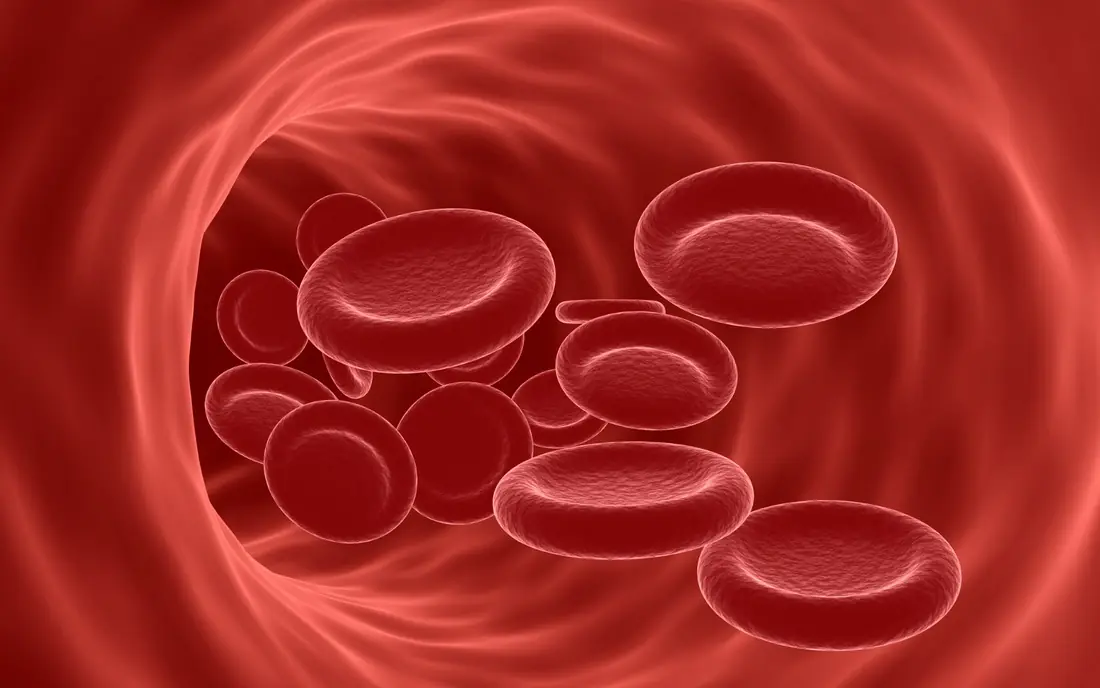In recent years, gluten intolerance has gained increasing attention as more people report discomfort or health issues after consuming gluten-containing foods. Gluten, a protein found in wheat, barley, and rye, can cause problems for certain individuals, even if they do not have celiac disease. While some symptoms are obvious—such as bloating or stomach pain—others are surprisingly subtle and often go unnoticed or misdiagnosed. If you think you’re fine, you might want to reconsider. Here are ten hidden signs of gluten intolerance that may surprise you.
1. Skin Issues
One of the most overlooked signs of gluten sensitivity is skin irritation. Conditions such as eczema, acne, or keratosis pilaris (commonly known as “chicken skin” on the back of the arms) may be linked to poor absorption of nutrients caused by gluten-related damage to the gut.
2. Brain Fog
Many people with gluten intolerance report feeling mentally “cloudy” or unable to focus. This brain fog can interfere with concentration, memory, and overall cognitive performance. It often appears shortly after eating gluten and can last for hours or even days.

3. Chronic Fatigue
Feeling tired all the time, even after a full night’s sleep, may be connected to gluten intolerance. The body’s immune response to gluten can lead to inflammation, which in turn may cause ongoing fatigue.
4. Digestive Problems
While this is a more expected symptom, many people ignore or normalize issues like bloating, gas, diarrhea, and constipation. If these symptoms are frequent and unexplained, gluten may be a hidden culprit.
5. Joint and Muscle Pain
Unexplained aches and pains can also be a sign of gluten intolerance. This pain is often caused by inflammation triggered by gluten and may mimic symptoms of arthritis or other joint conditions.
6. Mood Disorders
Depression and anxiety can be more than just emotional or psychological. Studies have shown that gluten sensitivity may affect serotonin levels in the brain, which play a key role in regulating mood.
7. Autoimmune Disorders
Those with existing autoimmune diseases such as Hashimoto’s thyroiditis or rheumatoid arthritis may be more likely to react negatively to gluten. In fact, gluten can worsen symptoms or trigger flare-ups in these individuals.
8. Unexplained Weight Changes
Gluten intolerance can lead to both weight gain and weight loss. Malabsorption of nutrients can result in unintentional weight loss, while inflammation and imbalanced blood sugar levels may lead to weight gain.
9. Migraine Headaches
Recurring migraines or severe headaches can be a symptom of gluten sensitivity. People who eliminate gluten from their diets often report a reduction in the frequency and intensity of their headaches.
10. Hormonal Imbalances
Gluten can disrupt the endocrine system, leading to issues like irregular menstrual cycles, PMS, or even infertility in women. The connection between gut health and hormonal balance is stronger than many realize.
In conclusion, gluten intolerance manifests in many surprising ways that extend far beyond the digestive system. If you experience any combination of the symptoms listed above and cannot find a clear explanation, it may be worth discussing gluten sensitivity with your healthcare provider. An elimination diet or specialized testing could help determine whether gluten is silently impacting your health. While going gluten-free isn’t necessary for everyone, for those with an intolerance, it can be life-changing. Think you’re fine? Maybe it’s time to take a closer look at how your body responds to gluten.































